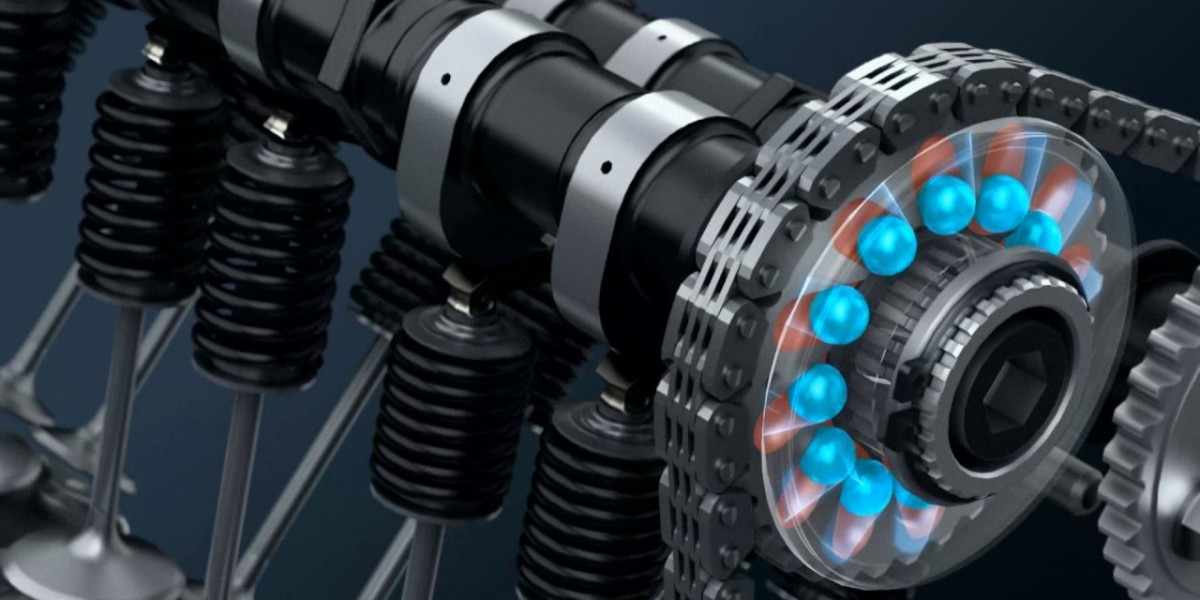The modern UK startup team is very different from its predecessors. Between product managers, designers, and full-stack developers stands a role that is ever more central to startup success: the artificial intelligence developer. What was once a nice-to-have specialist has evolved into a key team player who determines how startups approach problem-solving, user experience, and competitive positioning. Today, many forward-thinking founders are choosing to hire artificial intelligence developers early in their journey to gain a competitive edge and build smarter, more adaptive products from the ground up.
The Team Integration Challenge
Hiring an artificial intelligence developer to current startup teams requires caution. The artificial intelligence developer does not operate like a standard developer who would rather deliver features to spec. The artificial intelligence developer operates in patterns, systems, and what-ifs. They will also question the assumptions of how features should work and suggest smarter alternatives that can revolutionize user outcomes.
The best integration is when the creators of artificial intelligence are involved in product discovery sessions from the beginning. Their expert knowledge of what can be achieved with AI and machine learning can transform routine feature discussions into possibilities for game-changing innovation. They discover patterns and data potential others do not, and make routine workflows intelligent, adaptive experiences.
Cross-Functional Collaboration
The work of an AI developer is far from merely coding machine learning algorithms. They also act as bridge-builders between business and technical teams, articulating the potential of AI into tangible business value. They frequently work very tightly with product managers to decide what problems users' are best addressed by intelligent automation and how else.
Artificial intelligence creator contributions are particularly priceless to design teams. These experts understand how AI can personalize interfaces, predict user needs, and create responsive experiences that feel like magic to end users. The partnership typically results in products that seem capable of reading user intentions rather than responding to actions.
Data Strategy and Architecture
One of the most beneficial things a startup team can have an artificial intelligence developer do for them is to embed strong data strategies on day one. Startups will collect data haphazardly and miss out on opportunities to build smart features later. An artificial intelligence developer ensures data collection, storage, and processing are mapped out with end objectives in mind.
This forward-looking approach sidesteps costly refactoring whenever startups return to add AI capabilities. The artificial intelligence developer establishes data pipes that are capable of supporting machine learning pipelines, keeps data quality specifications in place to enable stable model training, and establishes monitoring frameworks that can recognize when to devote attention to AI systems.
The Innovation Catalyst
Within startup organizations, AI engineers are typically also drivers of innovation themselves. They are familiar with the latest research, tools, and techniques in AI, bringing leading-edge options into daily product discussion. This knowledge exchange inspires entire teams to think more creatively about user problems and solution design.
The ripple effect is immense. Product managers start contemplating AI-first solutions. Designers consider adaptive interfaces. Marketing teams explore intelligent personalization. The impact of the artificial intelligence developer infiltrates the organization, increasing the technical acumen of the team.
Quality and Testing Evolution
AI engineers also transform how startup teams interact with quality assurance and testing. AI programs require different testing strategies than conventional software. They introduce concepts like model validation, bias detection, and performance monitoring that become part of the team's quality culture.
This testing practice shift usually improves product quality overall. Quality testing becomes more evidence-based, more systematic in testing practices, and more anticipatory in finding potential faults before they get to end-users.
Scaling Team Dynamics
As startups scale, AI developers become technical leads who facilitate scaling of AI capabilities in multiple product spaces. They establish best practices, lead other developers in AI methodologies, and make sure deployments of AI are consistent and sustainable across the growing product line.
The Competitive Edge
Companies with excellent artificial intelligence developers have a significant competitive advantage. They are able to release smart features faster, make product decisions informed by data, and create experiences that others cannot easily replicate. This is why many startups and enterprises alike are choosing to hire artificial intelligence developers—because the right AI talent acts as a multiplier for the rest of the team's capabilities, accelerating innovation and driving smarter growth.
The artificial intelligence maker's position within UK startup teams is a paradigm shift in the manner innovative businesses produce products. These specialists do not just tack on AI functionality; they redefine the manner teams approach user problems, data opportunity, and competitive environment. As AI plays a more central role in determining startup success, the teams that best integrate artificial intelligence makers will propel tomorrow's market leaders.







